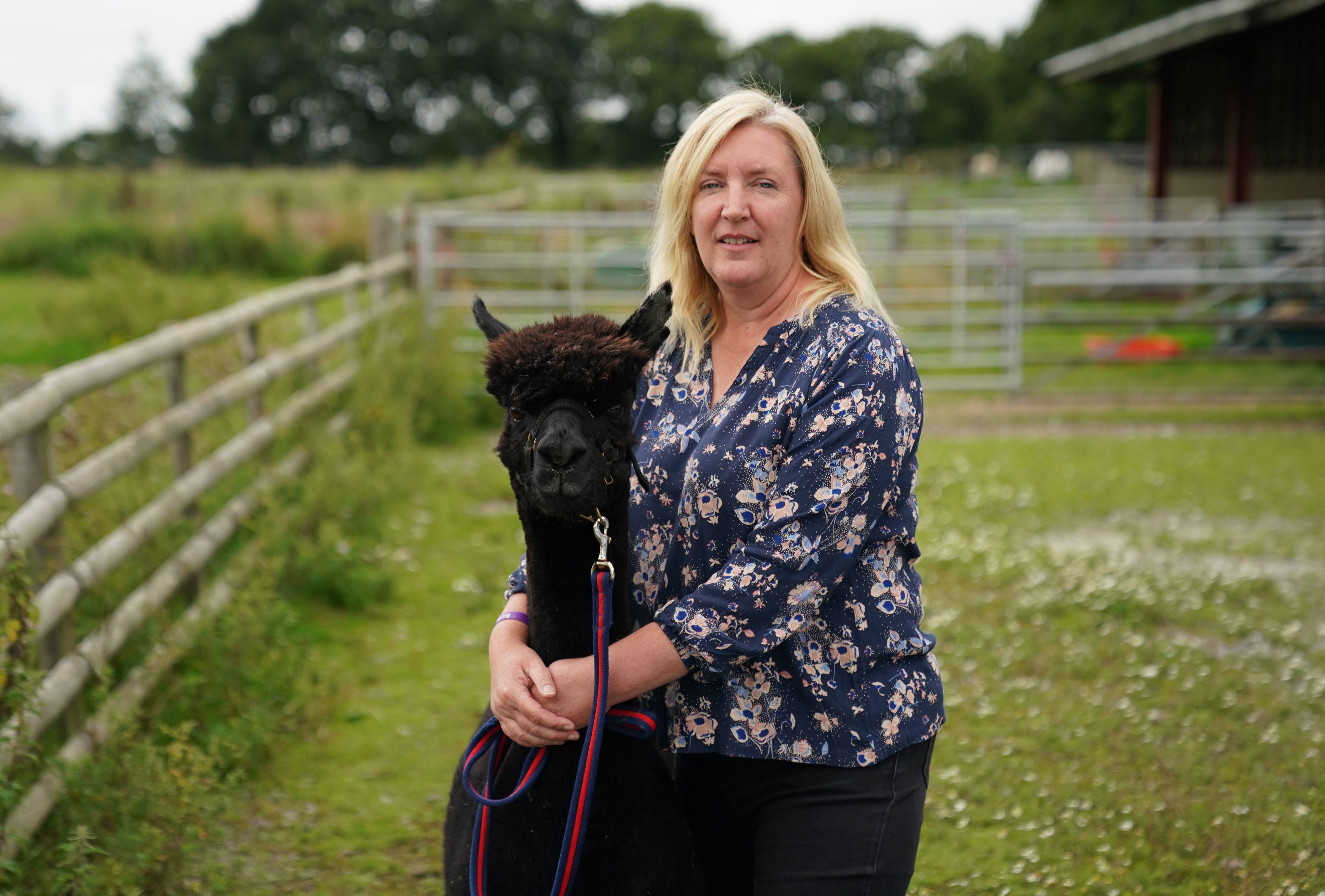Post mortem tests on Geronimo the alpaca fail to find source of TB
Scientists insisted Geronimo was positive for TB when he was euthanised

Your support helps us to tell the story
From reproductive rights to climate change to Big Tech, The Independent is on the ground when the story is developing. Whether it's investigating the financials of Elon Musk's pro-Trump PAC or producing our latest documentary, 'The A Word', which shines a light on the American women fighting for reproductive rights, we know how important it is to parse out the facts from the messaging.
At such a critical moment in US history, we need reporters on the ground. Your donation allows us to keep sending journalists to speak to both sides of the story.
The Independent is trusted by Americans across the entire political spectrum. And unlike many other quality news outlets, we choose not to lock Americans out of our reporting and analysis with paywalls. We believe quality journalism should be available to everyone, paid for by those who can afford it.
Your support makes all the difference.Post mortem tests on Geronimo the alpaca have failed to provide conclusive findings about the government has said.
The alpaca was thrust into the national media spotlight last August after a four-year legal battle over the animal’s survival came to an end when he was put to sleep.
The government insisted that Geronimo had to die because he had tested positive twice for bovine tuberculosis. But Geronimo’s owner Helen Macdonald, argued that the testing process was flawed.
The Department for Environment, Food and Rural Affairs (Defra) has now announced that its post-mortem tests on the animal have been inconclusive.
Chief veterinary officer Christine Middlemiss said that the Animal and Plant Health Agency had completed its testing but had not been able to find the source of the infection.
Ms Middlemiss said it was not possible to culture bacteria from tissue samples, meaning that whole genome sequencing could not be carried out.
“This animal tested positive for bovine tuberculosis on two separate occasions using highly specific tests,” she said.
“Due to the complexity of the disease, further testing has not enabled us to use whole genome sequencing to try to understand how the animal became infected in the first place.”
Defra said that the additional bacteria culturing process carried out is not used to validate previous test results, but instead to identify which strain of the disease is present and inform decisions on testing other animals in the herd.
A statement issued by the department said: “The Animal and Plant Health Agency has today confirmed that it was not possible to culture bacteria from tissue samples taken at post mortem examination, meaning that it will not be possible to carry out whole genome sequencing in order to try to understand how the alpaca caught the disease.
“This does not mean the animal was free of bTB infection because it had previously twice tested positive using highly specific, validated and reliable tests.”
But Dominic Dyer, an animal rights campaigner who fought to save Geronimo, said that the new results showed that the animal did not have TB after all.
“We got the full post mortem results and it’s clear this animal did not have TB”, he said.
He added: “This cases shows the level of incompetence, negligence and deceit on TB policy within Defra that goes back decades. Helen was a scapegoat. The poor alpaca Geronimo was killed for absolutely nothing in the most brutal disgusting way in front of the world’s media.”
Geronimo the alpaca had tested negative for TB in New Zealand before he was imported into the country in 2017. He then twice tested positive for the disease on arrival in England.
Helen Macdonald has insisted that the results were “false positives” because Geronimo had been “primed” with TB before being tested, a method Defra says improves the sensitivity of the blood test.
Join our commenting forum
Join thought-provoking conversations, follow other Independent readers and see their replies
Comments